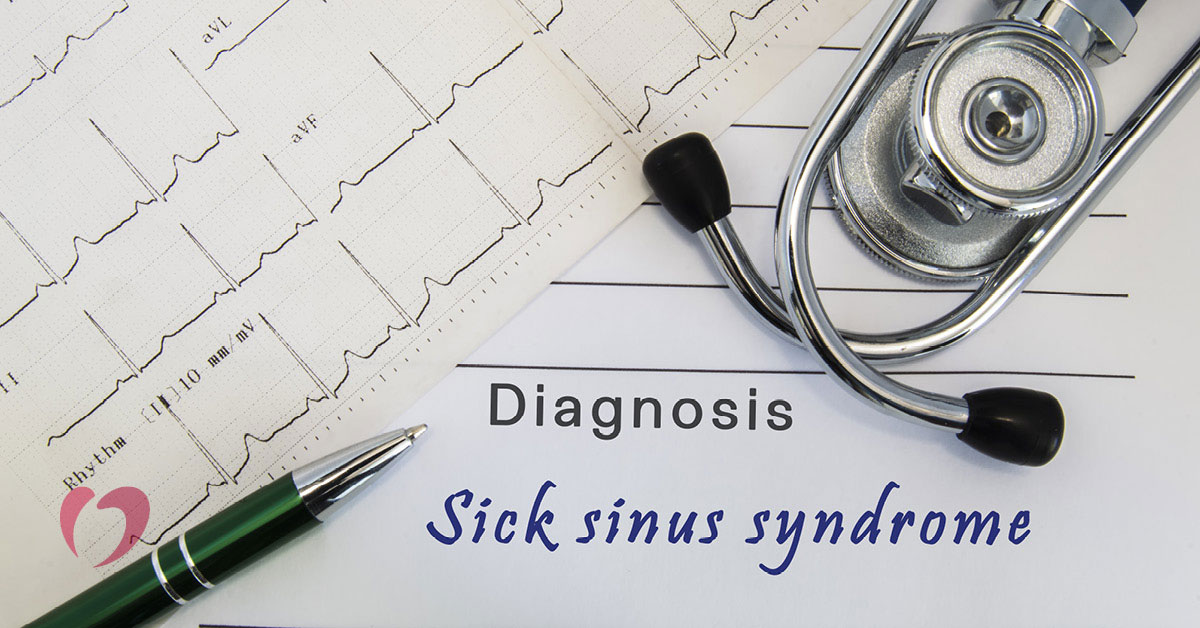Sick Sinus Syndrome: Diagnosis and Treatment

Sick sinus syndrome is a type of heart rhythm disorder that originates in the sinus node, which is the heart’s natural pacemaker. The electrical system sends a pulse that stimulates different parts of the heart to contract in the correct order and rhythm. The sinus node adapts to the body’s movement and other stimuli that cause the heart to beat faster or slower to regulate how the heart beats. Sick sinus syndrome prevents this node from functioning properly, which results in an arrhythmia.
Symptoms
Sick sinus syndrome can cause three different types of arrhythmias: tachycardia (fast heart rate), sinus bradycardia (slow heart rate) and bradycardias-tachycardias (alternating heart rates). Because these symptoms can vary and can occur in many other types of rhythm disorders, diagnosis of sick sinus syndrome can be difficult.
Patients with sick sinus syndrome report various heart-related symptoms, including
- Shortness of breath
- Fatigue
- Decreased exercise tolerance
- Heart palpitations
- Dizziness
Diagnosis
Arrhythmias associated with sick sinus syndrome are not constant — they can be intermittent and can also overlap with other disorders. Diagnosis often requires more than a simple electrocardiogram, or EKG, at the doctor’s office because the heartbeat may be normal and symptoms may not occur during the appointment.
To ensure accurate diagnosis, doctors often use tests to record heart function during daily life. A Holter monitor worn for 24 to 48 hours can record heart function throughout the day and is paired with a patient journal of symptoms. A 30-day event monitor may also be worn for up to a month. This approach to monitoring allows patients to press a button and begin recording when they have symptoms of an irregular heartbeat.
Treatment
If a patient’s symptoms are mild or infrequent, regular checkups and monitoring may be the first course of action. Medications may be used to help regulate the heart rhythm, and some patients may be prescribed blood thinners to reduce the risk of blood costs associated with an irregular heartbeat. Some medications for other heart disorders can interfere with or worsen sick sinus syndrome. In this case, your medical team may recommend adjusting or discontinuing other medications.
Sick sinus syndrome can worsen over time, and many patients ultimately require a pacemaker or other implantable device to regulate heart function.
If you are experiencing symptoms that could be sick sinus syndrome or another type of arrhythmia, schedule an appointment with our team of experts today.
